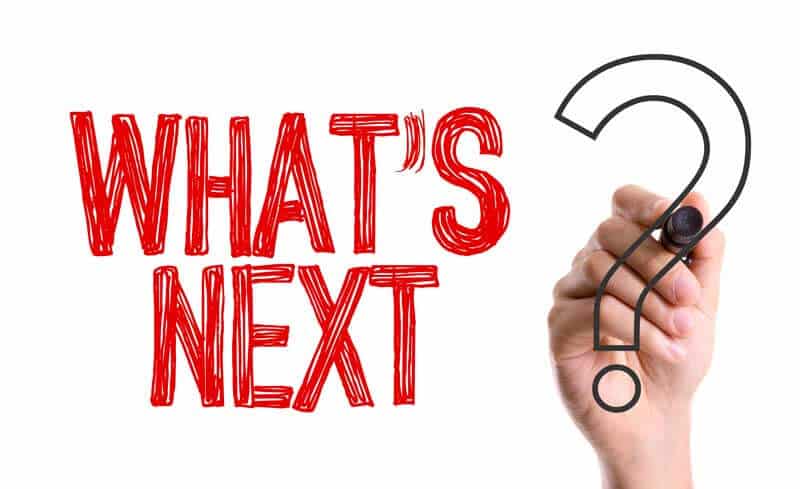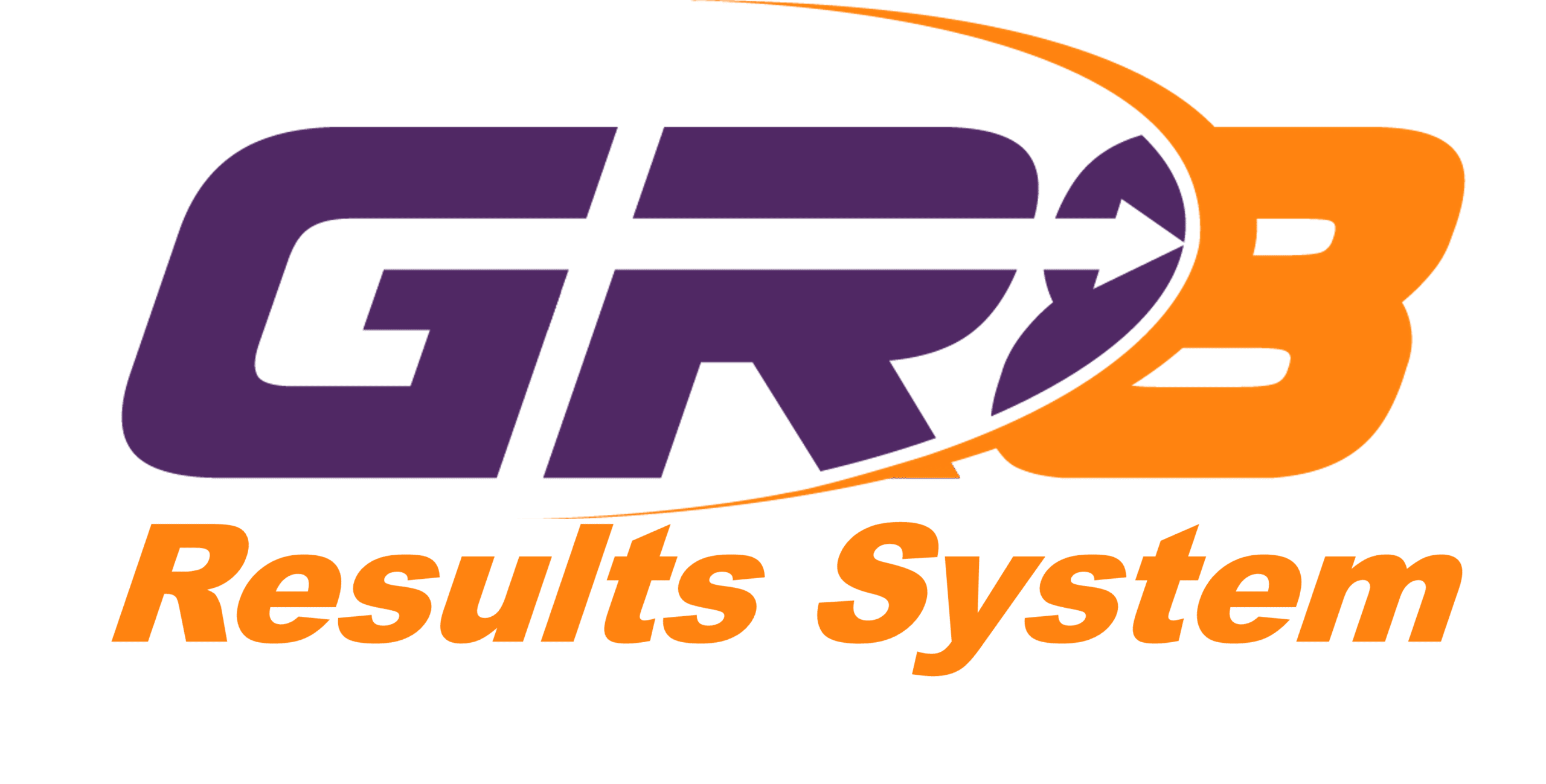Goals are often easy to discuss but challenging to create. To help you achieve more, I hope the following goal-setting process will be useful. This approach is designed for individuals but can be easily adapted for organizations.
For those needing a comprehensive planning system for organizations, we offer the GR8 Results System. It gives you a step-by-step guide that begins with defining Purpose and Values, then moves on to Strategy, Goals, and Execution. It also includes a detailed schedule for the necessary meetings.
This system provides the tools needed to assist each individual in identifying the three key actions to focus on daily, weekly, or monthly.

1.Strength – What Can I Build On?
- What achievements am I most proud of as an individual?
- How do these accomplishments highlight my strengths?
- What makes me stand out from others?
- What do I want to become the best at?
- How can I leverage my strengths to achieve better results?
- What are 1-3 key accomplishments from the past couple of years that I’m proud of?
- What would I consider my top 3 strengths?
- How do my strengths align with the demands of my job, career, and life?
- What aspects of my work or products do my “customers” (those who receive your work or creations) view as high quality, excellent, or potentially world-class?
2. Opportunities – What are my customers asking for?
- Who is my primary customer (people that receive your work or created products?)
- What do my customers really want?
- How much of what they really want am I providing them?
- What am I providing them that they do NOT want?
- Who are possible new customers I could serve?
- How can I distinctively differentiate myself from existing or potential competitors?
- What are possible new products, services, or processes I could provide?
- How do I make sense of opportunities created by external forces and trends?
- Of the opportunities I have, what are the top three to focus my efforts?
- How can I best meet the needs of my boss, team, and organization?
- What new skills do I need to take advantage of the opportunities?
- How can I re-frame challenges to become exciting opportunities?
3. Aspirations – What do I care deeply about?
- When I explore my values and aspirations, “what am I deeply passionate about?”
- Reflecting on Strengths and Opportunities documented above, who am I, who do I want to become, and where do I want to go in the future?
- What is my most compelling aspiration?
- How much will my personal purpose change if I adopt the compelling aspiration?
- What evidence is available to show how much I really have that aspiration?
- What projects, programs, and processes are needed support my values and aspirations?
4. Results – How do I know I am accomplishing my goals?
- Considering my Strengths, Opportunities and Aspirations, what meaningful measures would indicate that I am on track to fulfilling my aspirations and personal purpose?
- What the 3 to 5 key measures or indicators that would create a "dashboard" to track progress?
- Using the measures identified, what goals do I need to create?
- How do I make sure my goals are contributing to my team and organization?
- What resources are needed to implement my most vital goals and projects?
